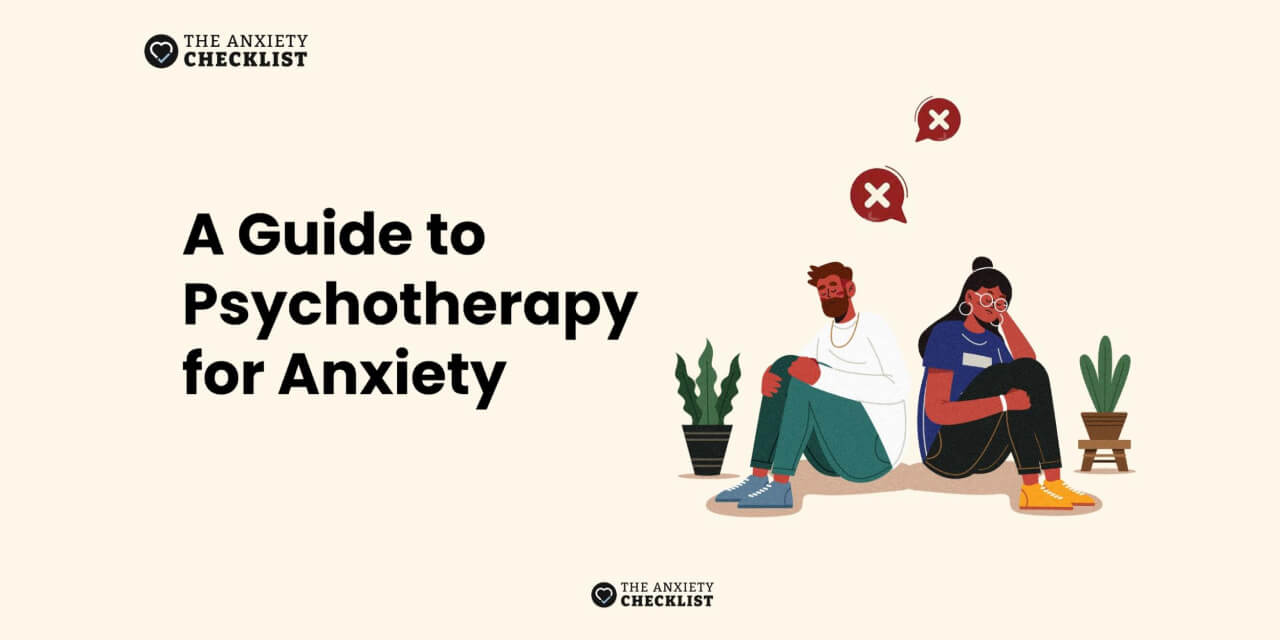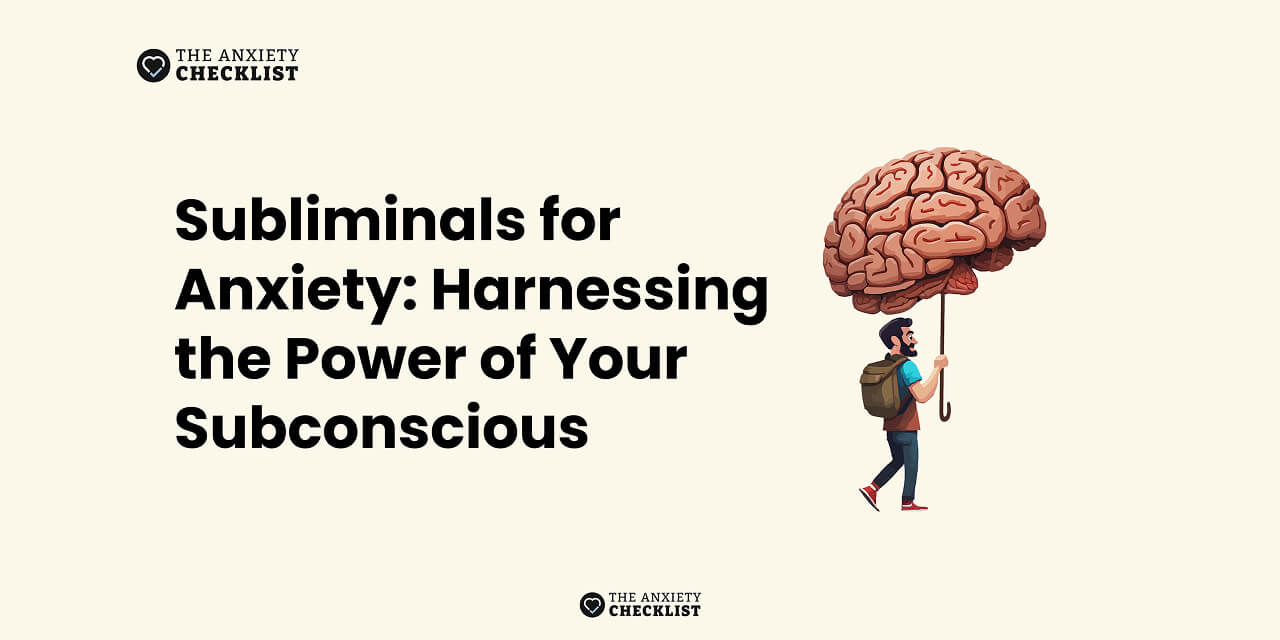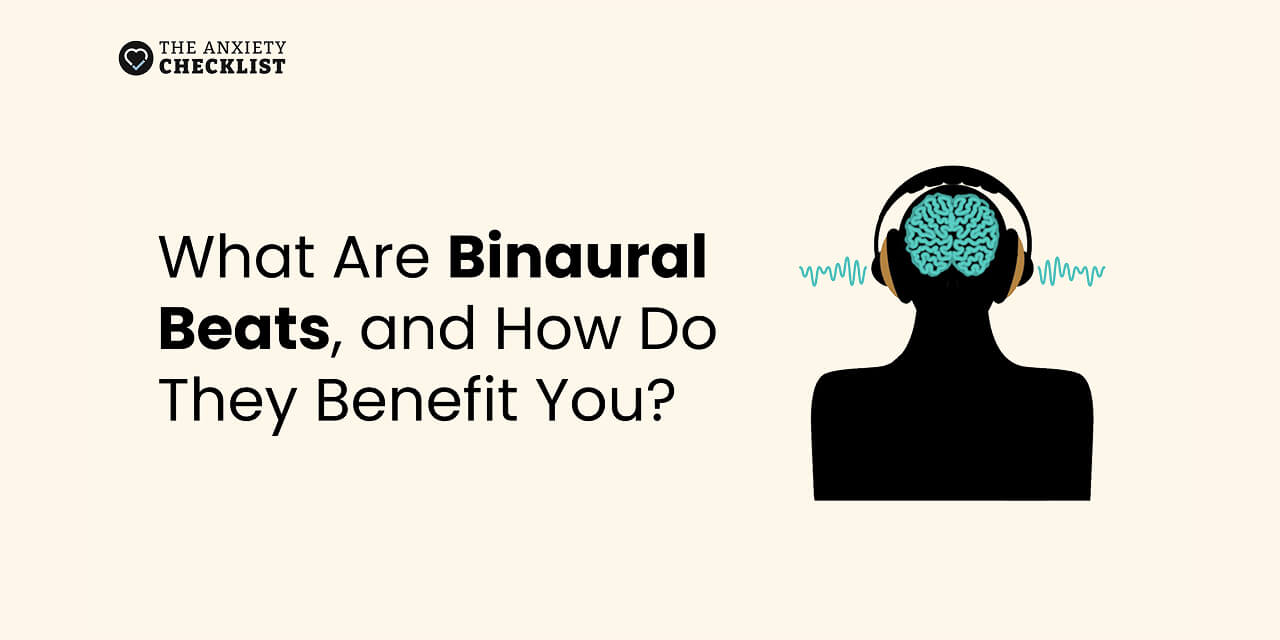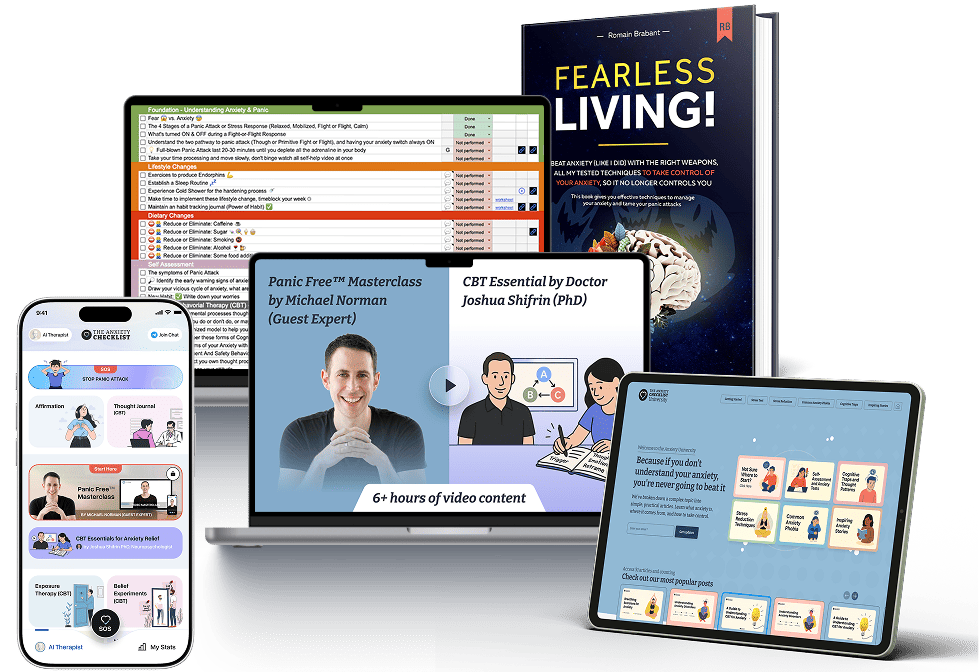What Happens During a Psychotherapy Session?
The first psychotherapy session typically involves an assessment, during which the therapist gathers information about your symptoms, personal history, and treatment goals. This helps establish a tailored plan that aligns with your unique needs.
Ongoing sessions are collaborative and structured to promote active participation. Most evidence-based therapies encourage clients to take part in setting goals and tracking their own progress. During these sessions, you may work with your therapist to:
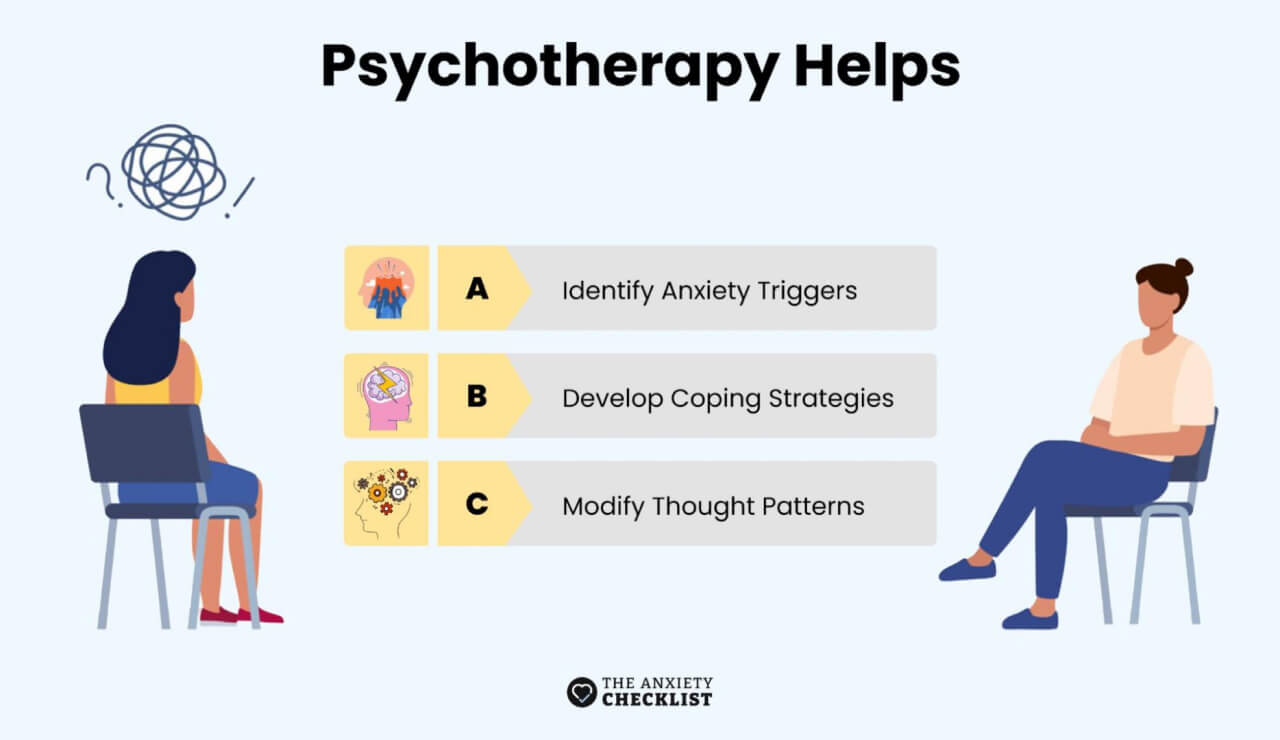
The process is collaborative, meaning you and your therapist will work together to set the pace and focus of each session.
When anxiety hits, do you know what to do next?
Learn how to calm your body, interrupt fear loops, and regain control step by step.
Cognitive Behavioral Therapy (CBT): The Gold Standard
Cognitive Behavioral Therapy (CBT) is one of the most well-established, evidence-based treatments for anxiety disorders—including Generalized Anxiety Disorder (GAD), Panic Disorder, Social Anxiety Disorder, Post-Traumatic Stress Disorder (PTSD), and Obsessive-Compulsive Disorder (OCD). This structured, time-limited approach focuses on the relationship between thoughts, emotions, and behaviors—helping individuals interrupt patterns that sustain anxiety.
Core Components of CBT for Anxiety:
Considerations:
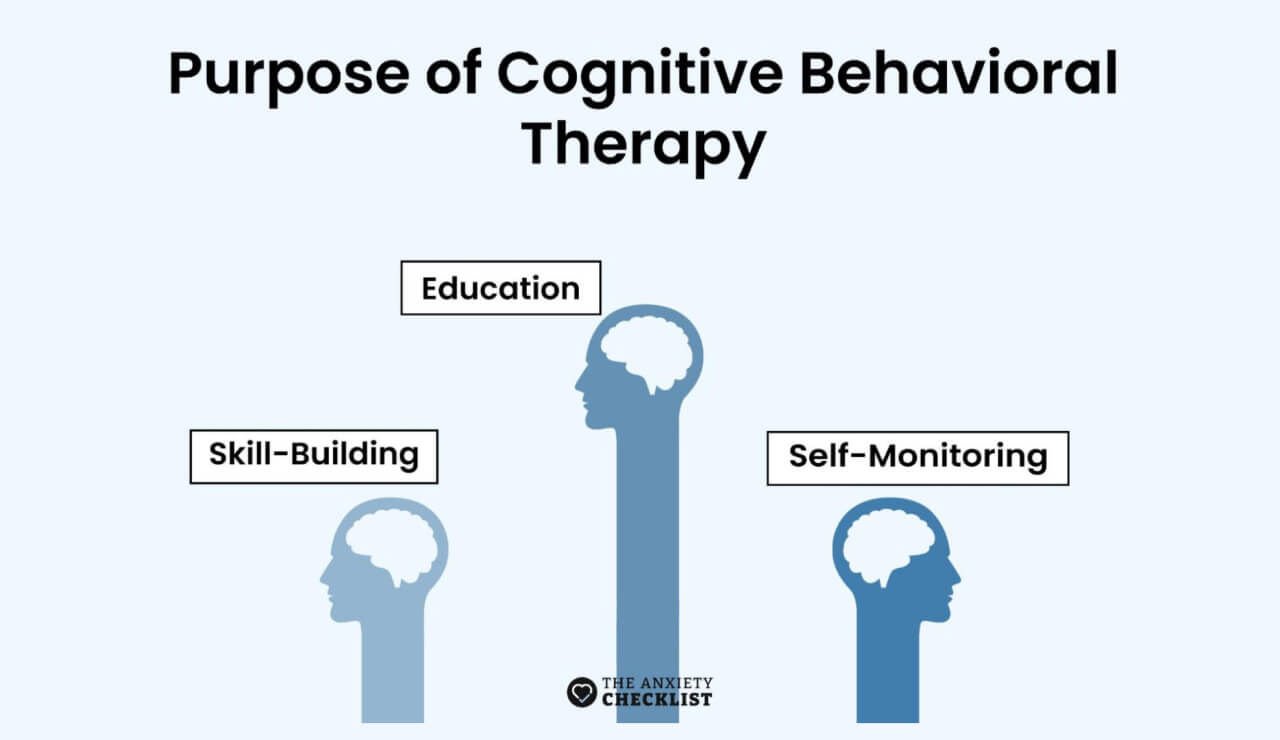
For a deeper dive into CBT techniques, explore our article on CBT for Anxiety.
Exploring Hypnotherapy
For those looking for alternative therapies, hypnotherapy can be an effective way to address anxiety. This approach uses guided relaxation and focused attention to access the subconscious mind, helping to:
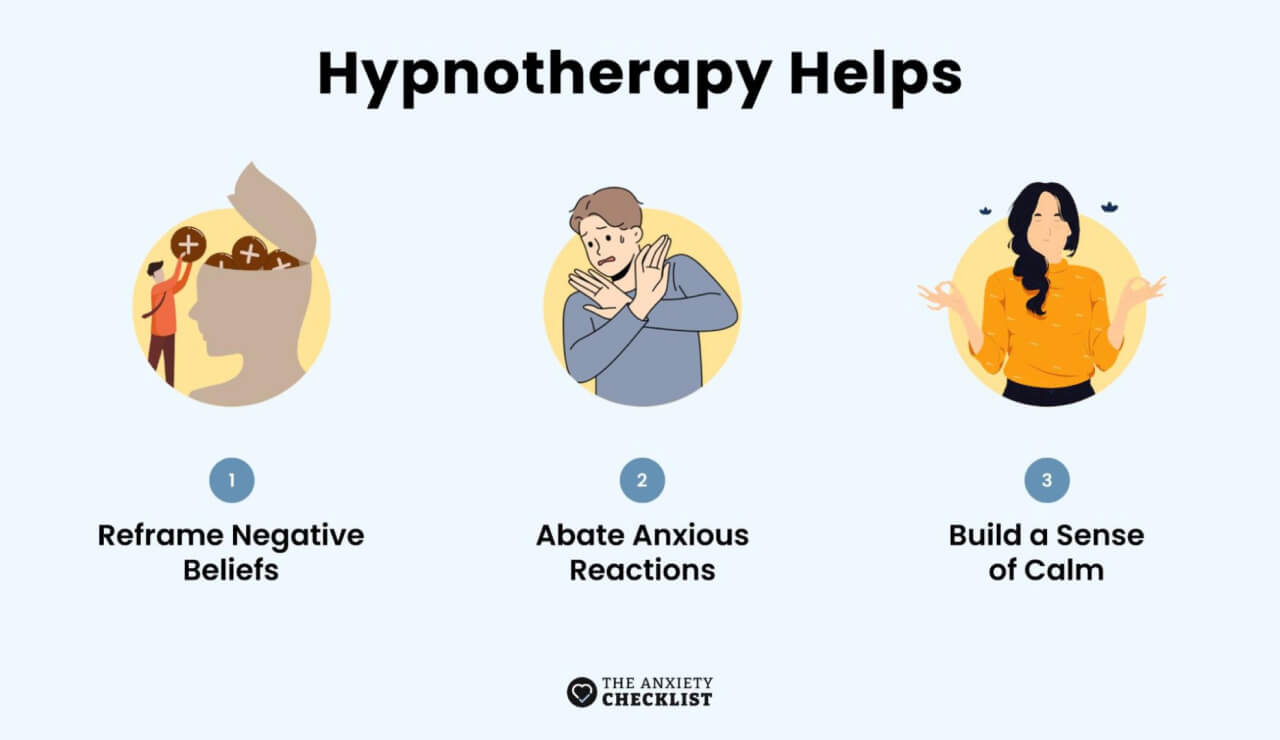
While hypnotherapy may not replace traditional treatments like CBT, it can be a powerful complement, especially for those struggling with deeply ingrained fears or resistance to change.
Hypnotherapy for Anxiety
Hypnotherapy is considered a complementary therapy that may help reduce anxiety symptoms for some individuals. It involves using guided relaxation and focused attention to promote subconscious shifts in thought and behavior patterns. Emerging evidence suggests that, in certain cases, hypnotherapy can support anxiety reduction and emotional regulation.
Important Considerations:
Is Psychotherapy Right for You?
Psychotherapy can be life-changing, but it requires time, effort, and often, a financial commitment. Traditional CBT programs usually take 7-10 sessions, with fees and the logistics of scheduling in-person meetings adding up. However, there are ways to make this journey more efficient and accessible.
The Anxiety Checklist Masterclass: A Convenient Alternative
The Anxiety Checklist Masterclass is a self-guided, psychoeducational program designed to help individuals understand and apply core Cognitive Behavioral Therapy (CBT) strategies for managing anxiety. Developed by licensed mental health professionals, this course is intended to supplement—not replace—professional care.
What You’ll Gain
Disclaimer: This program is designed as a self-help resource and does not replace professional mental health care. If you are experiencing severe anxiety, significant distress, or symptoms that interfere with daily functioning, please consult a licensed therapist or medical provider.
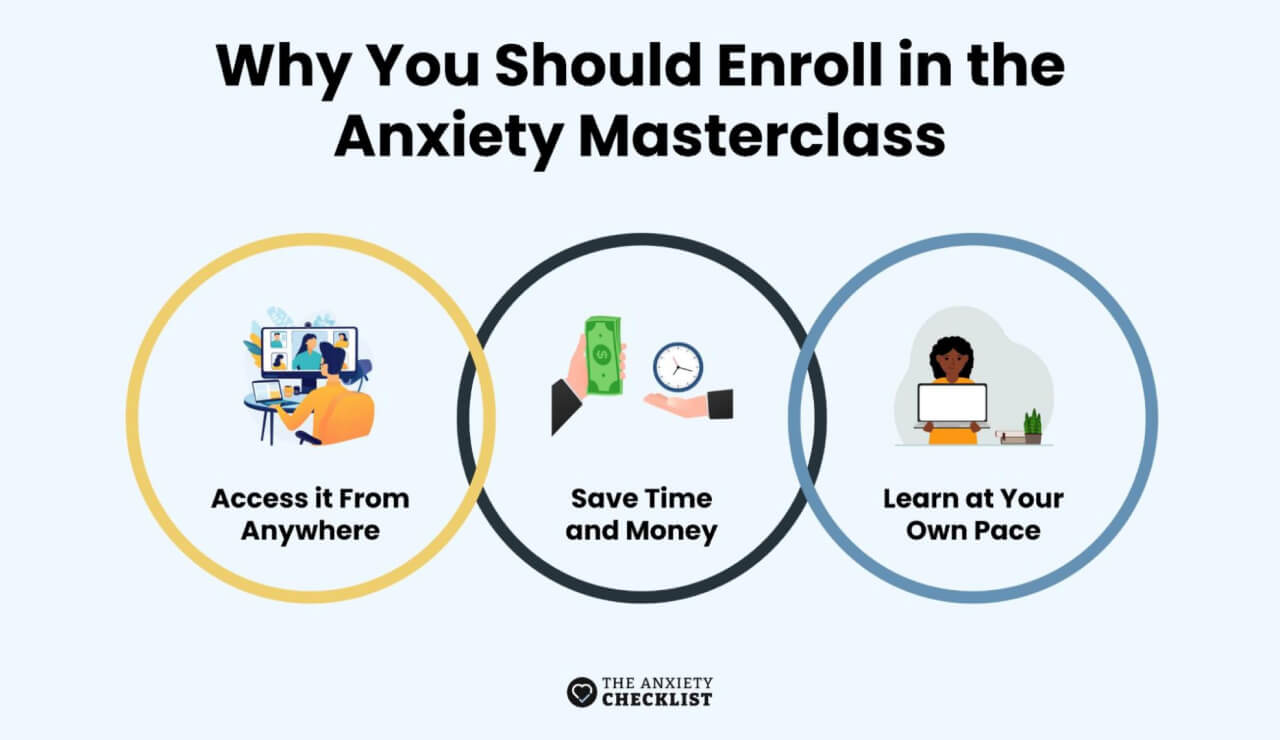
By completing the Anxiety Masterclass, you can approach psychotherapy with a head start.
Instead of spending multiple sessions learning the basics of CBT, you can use therapy to address the specifics of your unique situation. Thousands of participants have already transformed their lives using this program—you can too.
Take the First Step Today
Whether you choose traditional psychotherapy, hypnotherapy, or the Anxiety Masterclass, the important thing is to take action. Anxiety doesn’t have to control your life. Explore your options and find the support that works best for you.
Start your journey to fearless living today with our Anxiety University.
If you are in a crisis or any other person may be in danger - don't use this site. These resources can provide you with immediate help.


